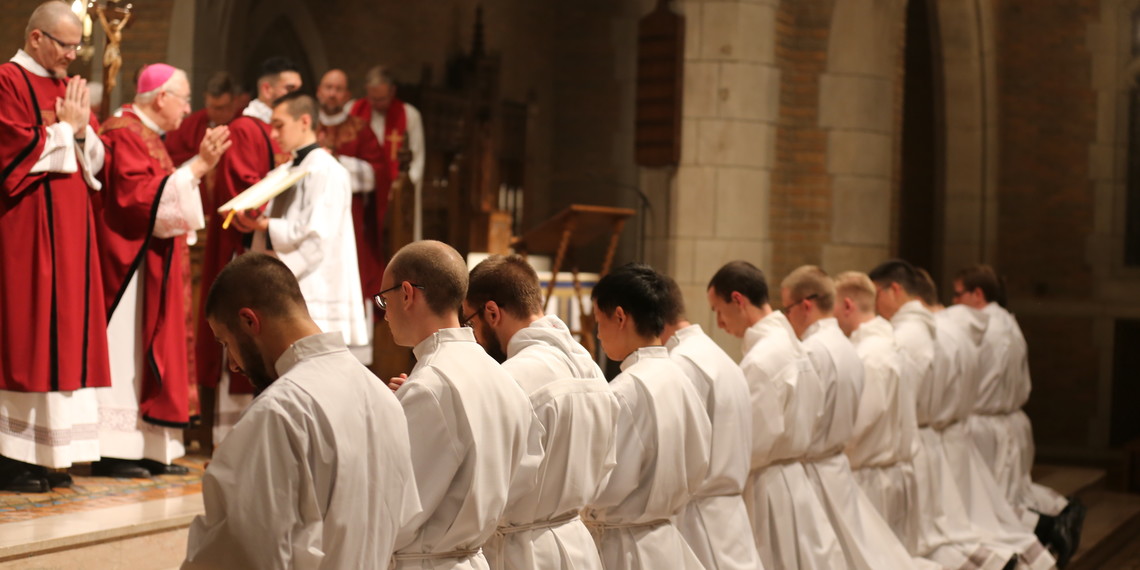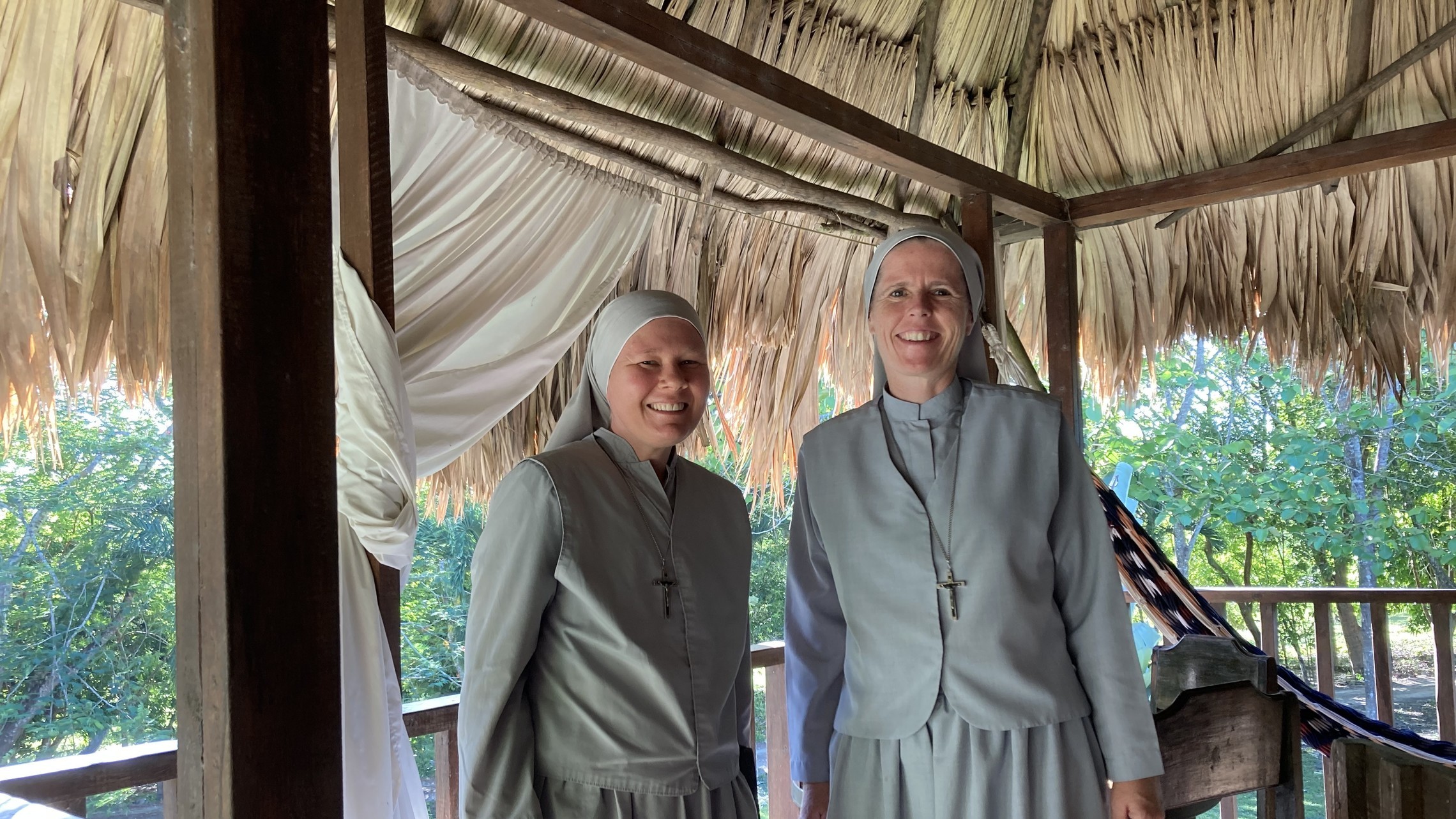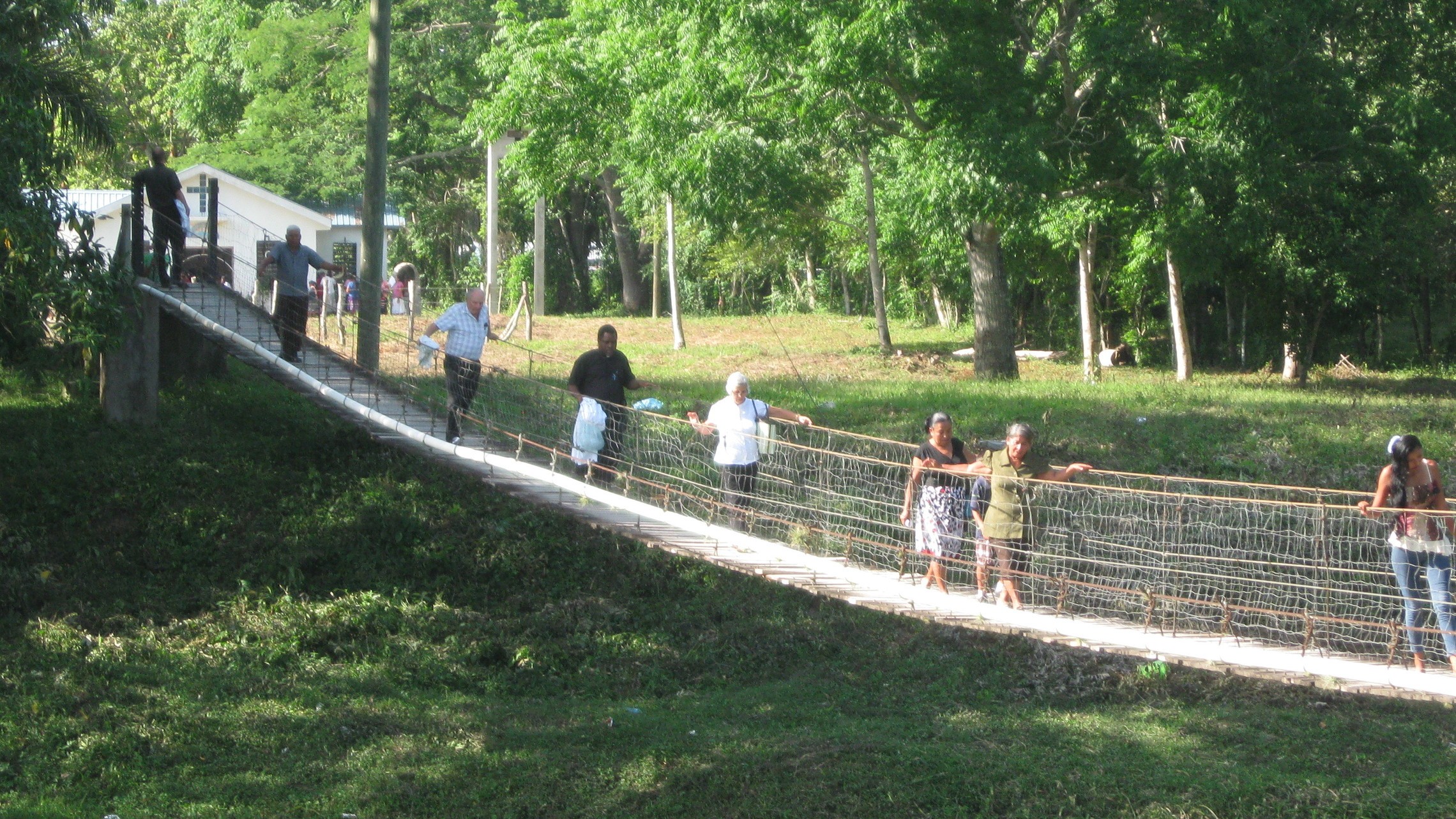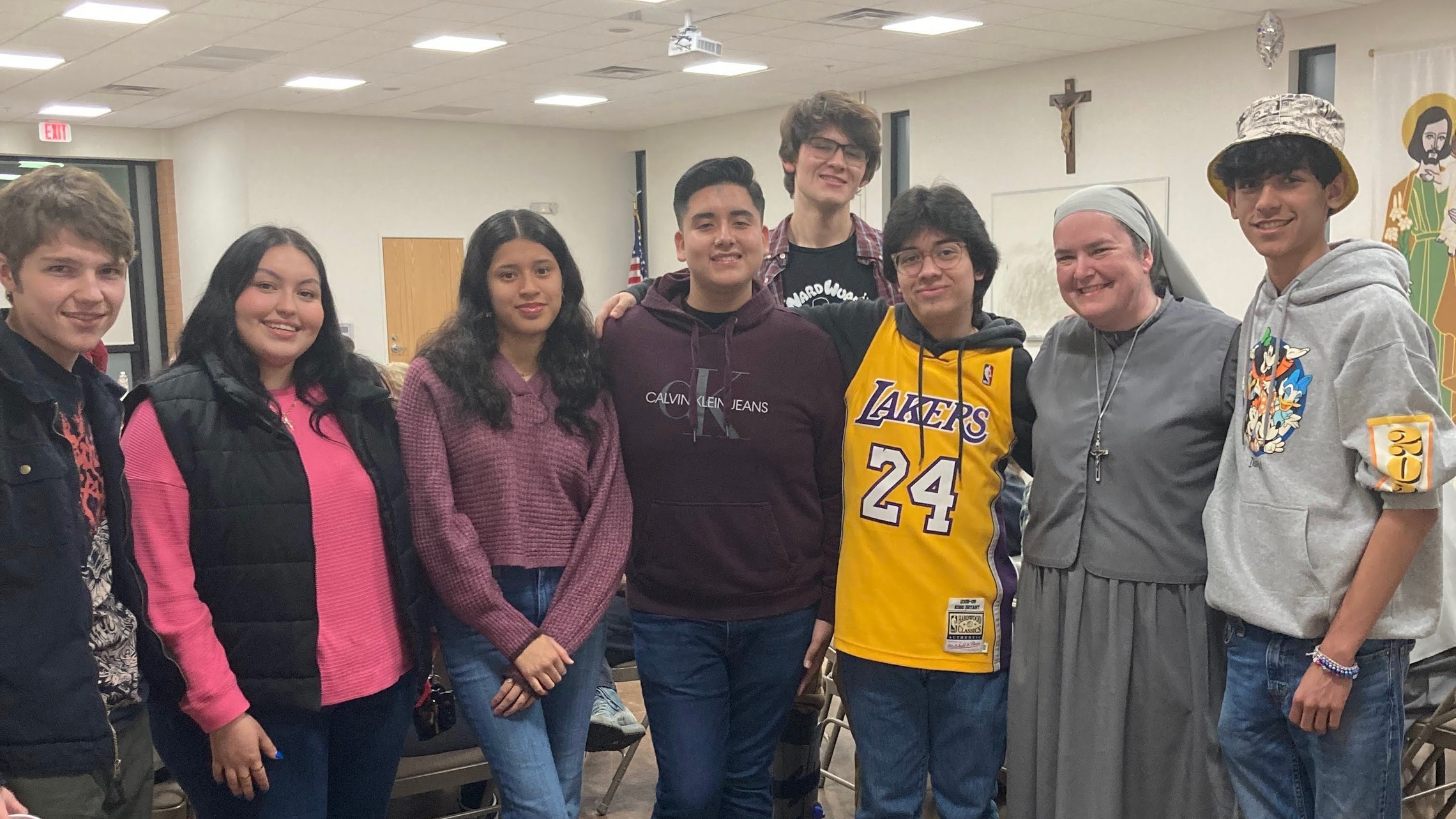
Children often have a way of asking simple, straightforward questions that adults tend not to notice or consider very significant. A few weeks ago, I was helping train and prepare some boys to serve at the altar for Mass. Each of them was eager to learn and they continually had their hands up in order to ask questions. “Why is the church so big? Why is it so beautiful? What is this used for? What is in that room?” Nearing the end of these explanations, one of the boys raised his hand and asked, “Why do we fold our hands like this at Mass?” He showed me his hands placed next to each other and pointed upwards.
It took me a moment to consider his question and how to reply to it. It was simple, direct, and obviously deserved an answer. However, while the answer to his question is simple, it is also difficult to put into words its full significance. The folding of hands seems such an obvious posture of prayer, but how many people ever wonder or become conscious of the truth it expresses about our relationship to God? The reason why an altar server and others who fold their hands during times of prayer is that it is a posture of total entrustment. Centuries ago, a servant or vassal would place his hands in between the hands of his lord and wrap a cord around them in order to signify his entrustment and complete reliance on his master. It was a way of saying, “I commend my life into your hands because you will care for me in my service to you.” In other words, for an altar server or any Christian, this posture can be an act of prayerful trust.
As I come closer to approaching the altar as an ordained deacon, this idea has become more significant for me. A posture of total entrustment in the Lord is what a deacon is called to live out, yet it is equally the call of every disciple. Folded hands may seem insignificant but one’s posture and actions are always displaying a greater or lesser receptivity and willingness to serve the Lord in all areas, especially the small ones.
Br. Joseph Spears, SOLT



